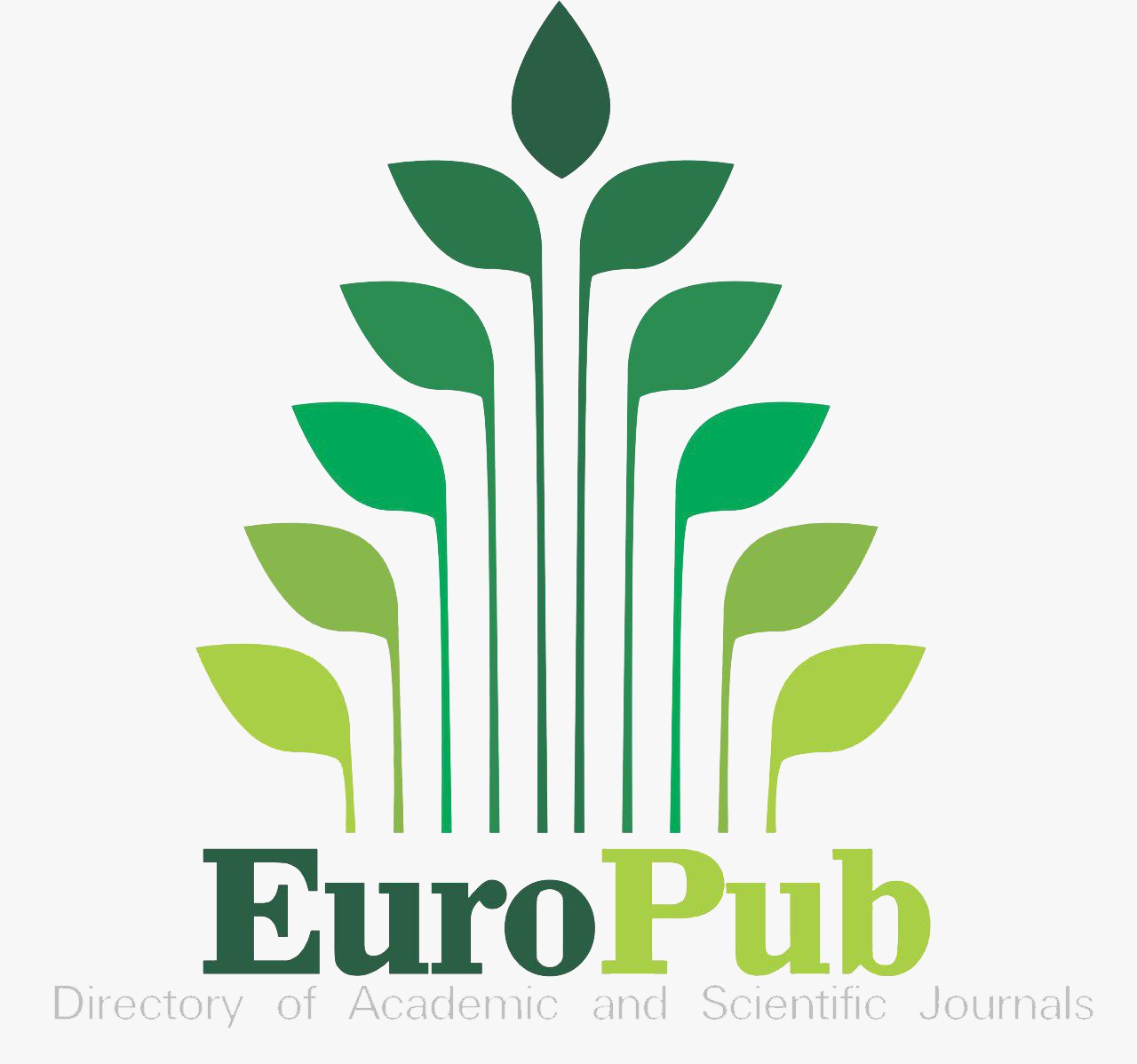CONTEMPORARY NEEDS IN HEALTH AND EDUCATION IN VENEZUELA: A LOOK AT THE CURRICULUM OF THE DEGREE IN BIOANALYSIS
DOI:
https://doi.org/10.56219/dialctica.v2i26.4698Keywords:
health, education, crisis, curricular training, bioanalyst, actor of social changeAbstract
Ckeckin on a curricular review of the educational training of bioanalysts in the country, taking into account contemporary health needs, allows us to have a vision of the educational and health panorama of the nation. Health professionals in Venezuela have had to face and solve in creative ways the socioeconomic problems of the last decades and it is necessary that their training be adjusted to this reality. The Bioanalysts professional are also part of this team of professionals; this study opens the view on how graduates in Bioanalysis have faced the health crisis and also to understand if the curricular training is responding to this situation that is faced throughout Venezuela. This article is a critical analysis of the curricula of some universities in Venezuela where clinical laboratory professionals are trained, as well as studies where the relationship between education and health is the answer to some problems. Research on the health crisis allows us to expand the need for this curricular review, as well as the transformation or adjustment of the programs with the objective of responding to the health needs of the population. To analyze the weaknesses or strengths in the educational training of these specific professionals. The curricular grids of universities such as: Universidad de Los Andes, Universidad del Zulia and Universidad de Carabobo are taken into this account. It is necessary to adjust the curricular contents of the different educational institutions that teach the Bioanalysis degree, in order to train and prepare future professionals in specific topics regarding current needs in processing, diagnosis, training, research, and above all as actors of social change.
Downloads
References
FUNDAREDES (2023) Bajo agonía permanece la educación universitaria en Venezuela. Noticia. Disponible: https://www.fundaredes.org/2023/10/04/bajo-agonia-permanece-la-educacion-universitaria-en-venezuela/
Lopéz, P et al (2021) Metodología de la investigación: de lector a divulgador. Editorial Universidad de Almeira. España. Disponible en: https://www.google.fi/books/edition/Metodolog%C3%ADa_de_la_investigaci%C3%B3n_de_lec/6yyoEAAAQBAJ?hl=es&gbpv=1&dq=metodologia+de+la+investigaci%C3%B3n+paradigma+interpretativo&pg=PA207&printsec=frontcover
Maldonado, E. (2018). Metodología de la Investigación Social. Paradigmas: Cuantitativo, Sociocrítico, Cualitativo, Complementario. Editorial Ediciones de la U. Bogotá, Colombia. Disponible en: https://www.google.fi/books/edition/Metodolog% C3%ADa_de_la_investigaci%C3%B3n_social/FTSjDwAAQBAJ?hl=es&gbpv=1&dq=metodologia+de+la+investigaci%C3%B3n+paradigma+interpretativo&printsec=frontcover
Rama, C (2020) Mirada a la Educación superior en Venezuela. Revista Digital Universidades Vol. 71 N° 83. México. Disponible: http://udualerreu.org/ index.php/universidades/article/view/72/76 DOI: https://doi.org/10.36888/udual.universidades.2020.83.72
Rincones, B (2006) El currículum en una institución universitaria. Revista Digital Scielo Sapiens Vol.7 no.1. Caracas. Disponible: https://ve.scielo.org/ scielo.php?script=sci_arttext&pid=S1317-58152006000100008
Valenzuela, G. y Barrón, M (2020) Currículum, desarrollo y evaluación. Experiencias y perspectivas de la educación superior. Editorial NEWTON, Edición y Tecnología Educativa. México. Disponible: https://www.google.co.ve/books/edition/ Curr%C3%ADculum_desarrollo_y_evaluaci%C3%B3n/iFwmEAAAQBAJ?hl=es&gbpv=1
Downloads
Published
How to Cite
Issue
Section
License

This work is licensed under a Creative Commons Attribution-NonCommercial-ShareAlike 4.0 International License.
La revista Dialéctica conserva los derechos patrimoniales (copyright) de las obras publicadas, que favorece y permite la reutilización de los mismos bajo la licencia Creative Commons Atribución-NoComercial-CompartirIgual 4.0 , por lo cual se pueden copiar, usar, difundir, transmitir y exponer públicamente, siempre que se cite la autoría y fuente original de su publicación (revista, editorial, URL y DOI de la obra), no se usen para fines comerciales u onerosos y se mencione la existencia y especificaciones de esta licencia de uso. Si remezcla, transforma o crea a partir del material, debe distribuir su contribución bajo la misma licencia del original.












